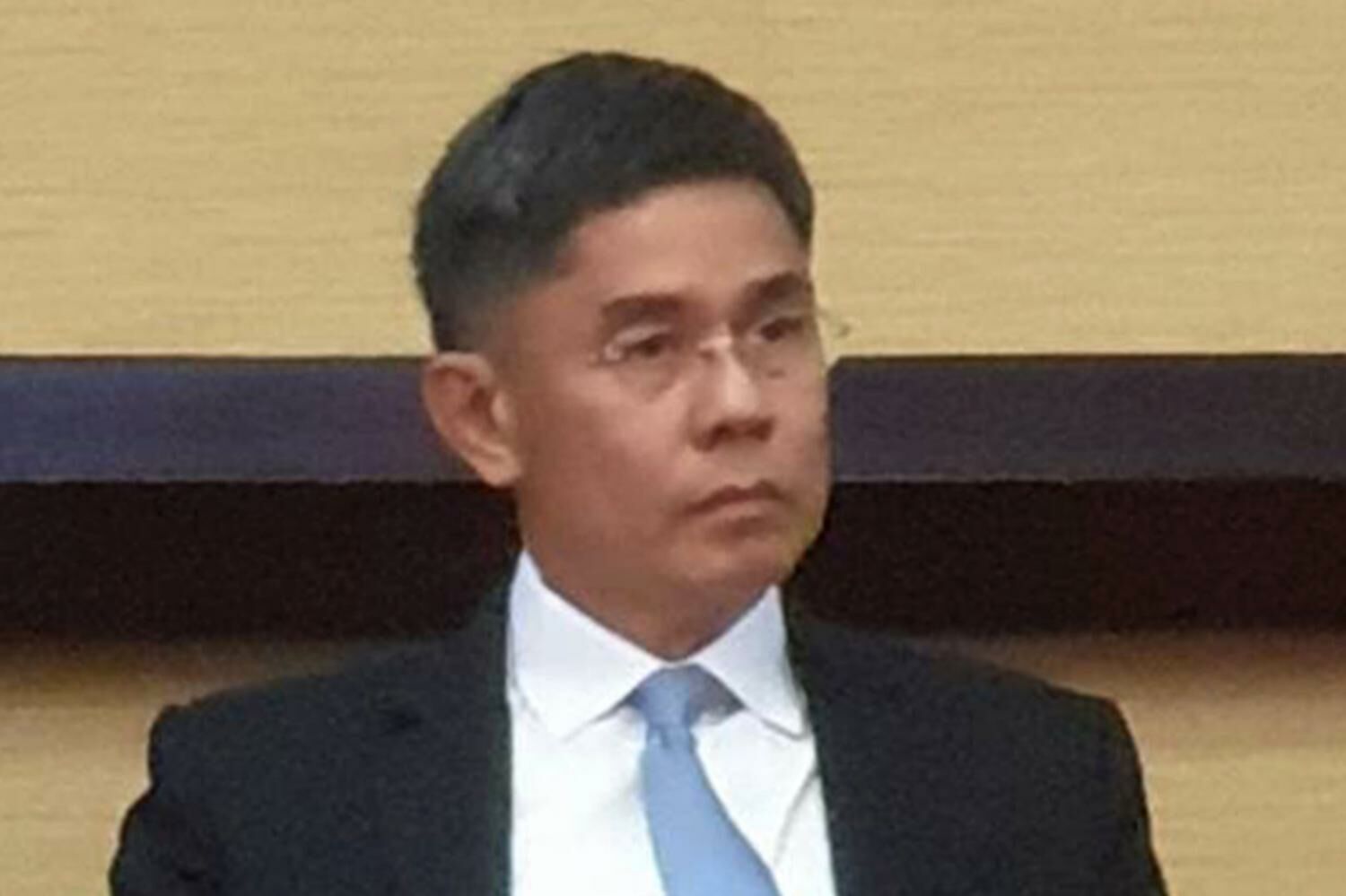Thai security academic calls for transparency in government assets

An independent security academic, Panitan Wattanayagorn, recently suggested a closer examination of the assets of military and government agencies in Thailand. His proposal aims to enhance transparency through regulated financial accounts and the disclosure of expenditures.
Panitan, who specialises in security and foreign affairs, expressed his concerns, highlighting the ministries of Education, Higher Education Science Research and Innovation, and Finance as the top three for revenue management. However, there are serious doubts over the transparency of their revenue management and use of assets. The ministries of Energy and Defence also lack transparency, according to Panitan.
He noted that the security agency has been under the watchful eye of the opposition Move Forward Party since the coup. However, the collective revenues of all security agencies, including the police, still fall short of the top three ministries.
“The adjustment of the system for asset management of state agencies has been included in the national strategy for transparency. Indicators will be set for each ministry every two to three years to set a clear direction.”
However, Panitan believes that a shortage of budget is hampering the process of developing an indicator.
“Both the opposition and the government may not be familiar with such a strategy as it was not initiated by them, and they may not understand its tools for system readjustment.”
Speaking about the army’s assets, Panitan suggested examining the army’s account management to review its assets, revenue, and expenses. He pointed out that the army’s accounts are divided into the state budget and unofficial finance. The businesses run by the army, such as a golf course, are easily distinguishable from security affairs and border matters, reported Bangkok Post.
Government transparency
Panitan also highlighted the issue of revenues not being sent to the central budget, creating ambiguity and hindering public access to data. On the topic of budget leaks, he noted that such money might end up with influential figures, complicating the examination process.
“The examination can be carried out by legislators, but they need to discuss what details they can disclose to avoid any impact on security matters.”
Panitan suggested focusing on the expenditure information of state-operated hotels and golf courses and questioning individuals about suspicious figures.
The newly established board of the National Economic and Social Development Council (NESDC) might delve into the matter. However, this process requires an accurate revenue amount for each ministry for assessment.
“But we need to be fair with state agencies, as they may lack the budget needed to carry out tasks given by the government. That’s why we then have to check if the budget is insufficient, being leaked out, or if they have failed to include the budget sought from other sources.”
Latest Thailand News
Follow The Thaiger on Google News:

























